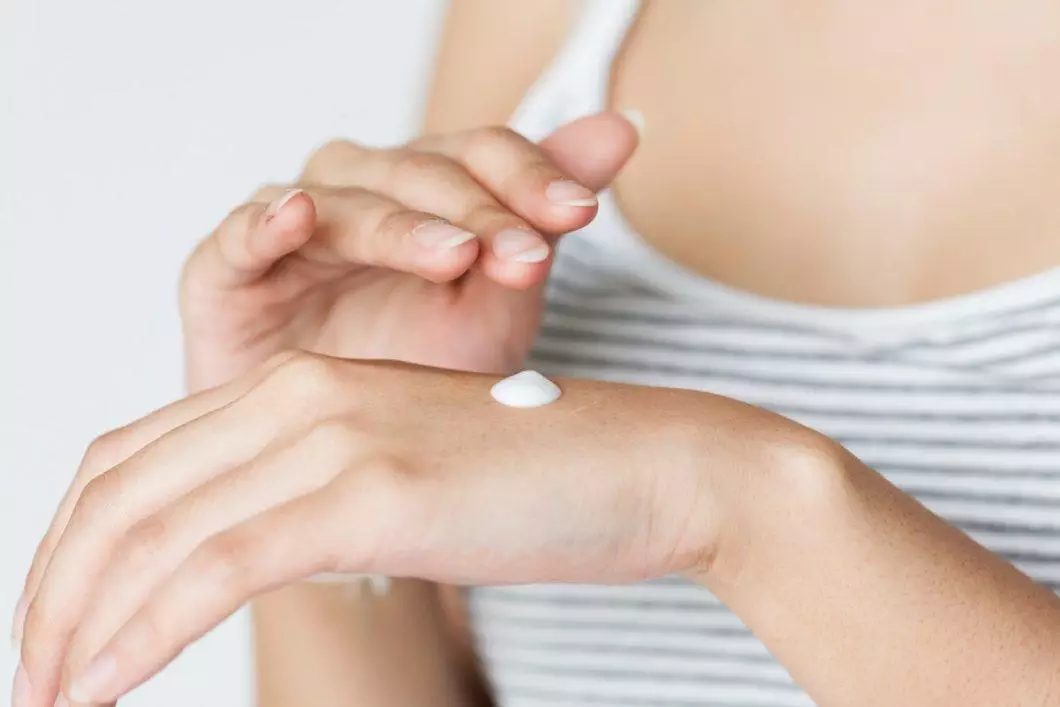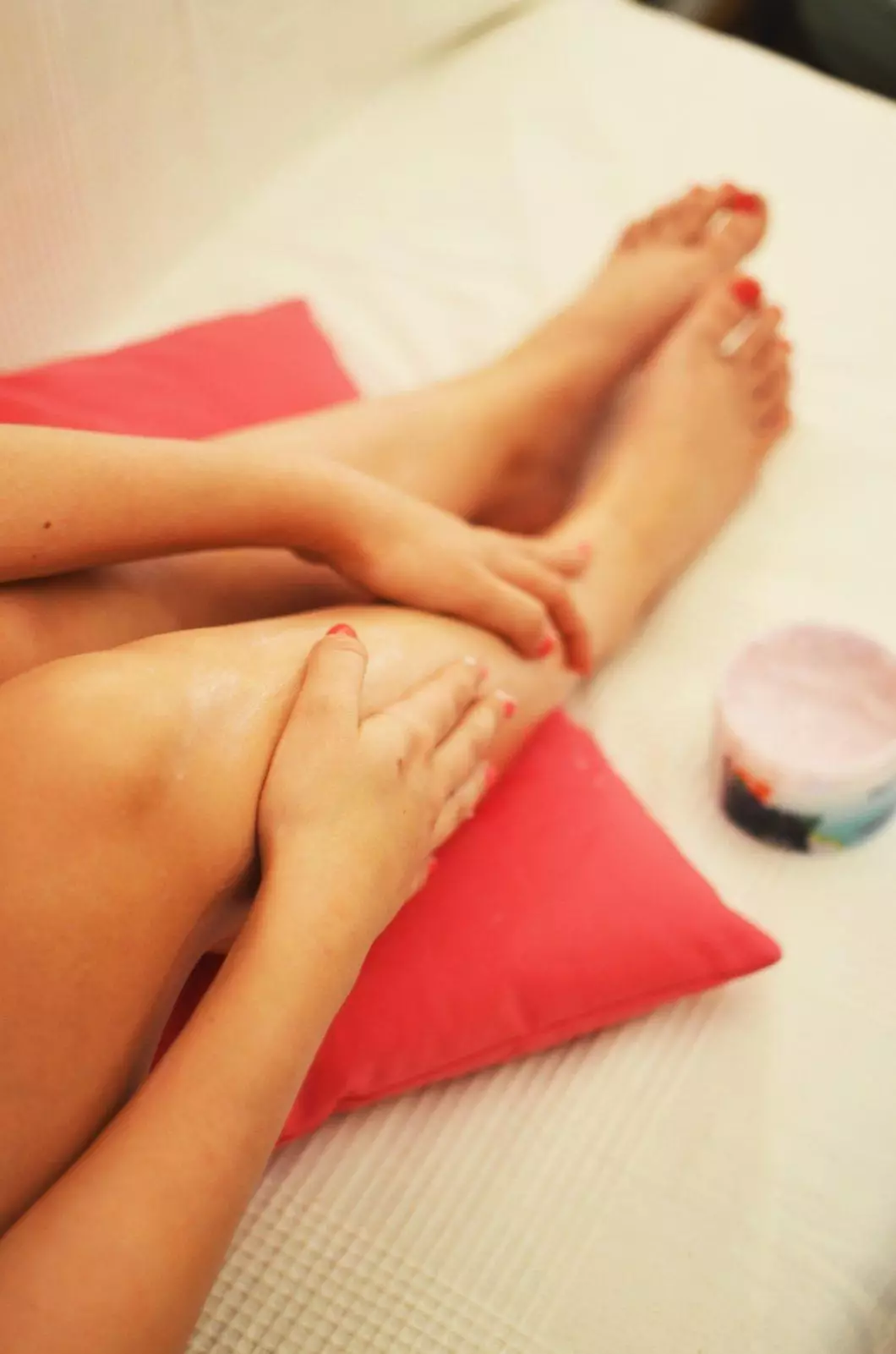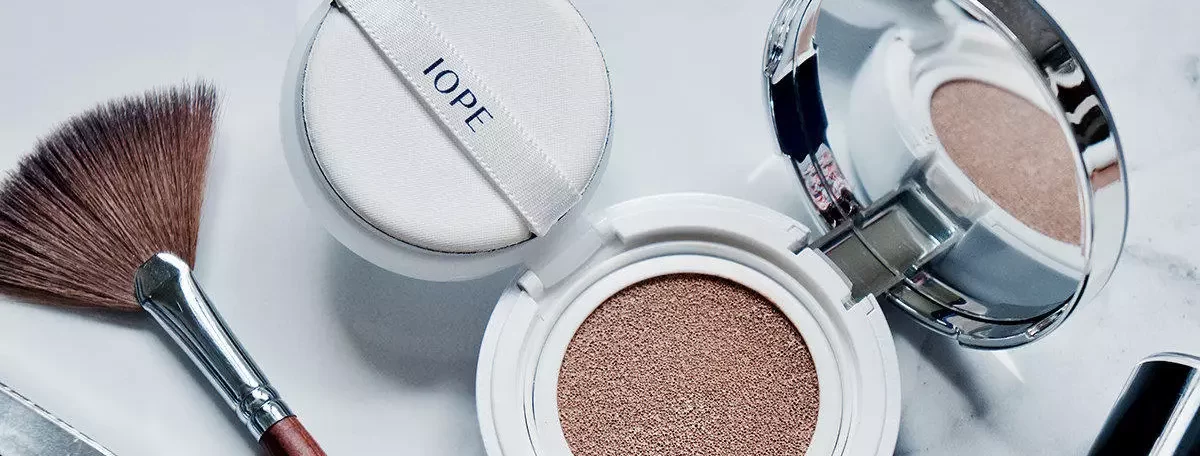When it comes to starting a skin care regimen, most experts recommend that people should start investing in key products like Dr Jart that benefit any skin type. This includes a cleanser, a toner, a moisturizer, and an SPF product. Each of which comes with different formulas and consistencies for various skin types while serving a specific purpose to keep skin clean and healthy.
For cleansers, they serve as the base of every skincare regimen. They work by removing deep-seated dirt and other forms of pollution that our skin accumulated throughout the day while also ensuring that our pore size stays the same. Cleansers can come in either cream-based or water-based formulas with varying ingredients for any skin type. Following cleansers, applying toners help restore the skin’s pH balance while also removing deep-seated dirt that wasn’t washed away earlier. Toners also serve as the first layer of hydration, making the skin soft and ready for added treatment.

Moisturizers are hydrating elements that come after toning and also come in a variety of ingredients and consistencies. Whether it’s liquid or cream-based, these products serve to fight dryness, balance skin tones, and improve skin textures, making them soft and radiant throughout the day. Several moisturizers come with added boosters that help target specific skin problems like signs of ageing, excess dryness, and uneven skin tone. Applying moisturizers are considered one of the most important steps in daily skin care because it helps the skin absorb water by filling in the spaces between skin cells to replace lost moisture.
Different Types of Moisturizers
When it comes to selecting the right product, it is important to determine your skin type to understand the needs and problems that go along with it. To start, oily skin types benefit from non-greasy and non-scented moisturizers while skin types prone to dryness may benefit from the added hydrating elements that cream and oil-based moisturizers give. Before making a purchase, it helps to read the labels, conduct a skin patch test, and ask for any recommendations by doctors to see which one best suits you. Since trying out products is a trial and error process, it also helps to research and narrow down these products into four main types:
- Humectants – these products draw water to the skin cells to keep them hydrated. Some key ingredients include glycerin, lactic acid, hyaluronic acid, and alpha-hydroxy acids (AHAs). They work best for dry skin in humid climates but are generally suited for all skin types like oily, combination, and acne-prone skin.
- Emollients – they work by filling in spaces and gaps between skin cells that require moisturizing lipids. Key ingredients include lanolin, mineral, oil, and petrolatum and are perfect for extremely dry and mature skin that requires intensive moisture.
- Ceramides – the ingredients for these products are ceramides which are generally found in the skin. Replenishing the skin with lost ceramides helps retain better moisture and works best for normal and combination skin types that experience minimal dryness.
- Occlusives – these products are designed to seal in moisture and are usually recommended more for the body rather than just the face. Occlusives are recommended for mature, dehydrated skin currently living in an environment void of any humidity. Some popular ingredients include rosehip, avocado, and hazelnut oils. Since the formulation may be potent, it helps to conduct a skin patch test first by applying a hint of product on your skin. If irritation occurs, it’s best to avoid using occlusives altogether.

One of the key mistakes that people make when following through their skin care routine is that they leave out the SPF which can be a huge mistake altogether. As today’s climate rapidly undergoes serious changes, the level of intensity the sunlight can bring to our skin can extremely damaging in the future which is why applying SPF should start as early as childhood.
If you aren’t using a moisturizer with added SPF, it’s best to finish your routine by applying some. This helps prevent harmful UV rays from being absorbed into the skin which are responsible for a myriad of skin conditions like fine lines, wrinkles, and even certain types of cancers. Fortunately, SPF comes in various forms which include creams, lotions, and even spray bottles. Remember to reapply every 45 minutes if you’ll be outside all day and practice wearing a hat and sunglasses as well. When it comes to skin care, prevention should always be prioritized over treatment as it can ensure healthier and youthful looking skin in the long run.

